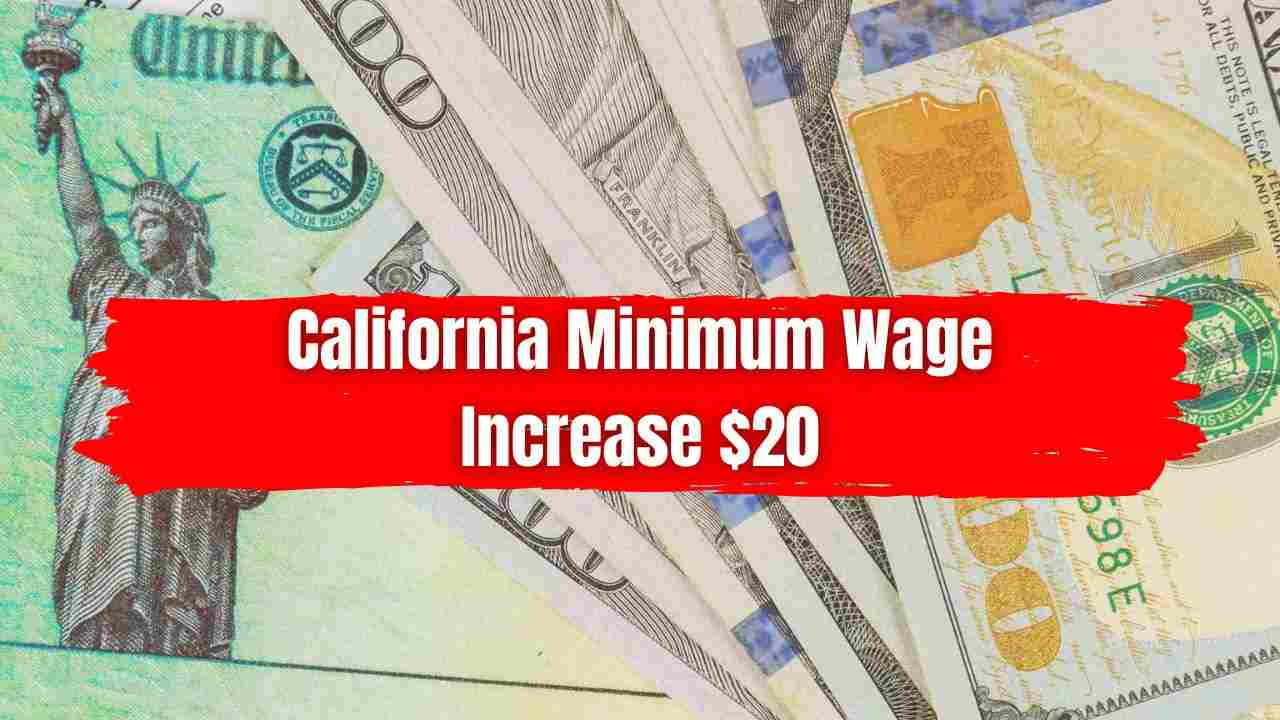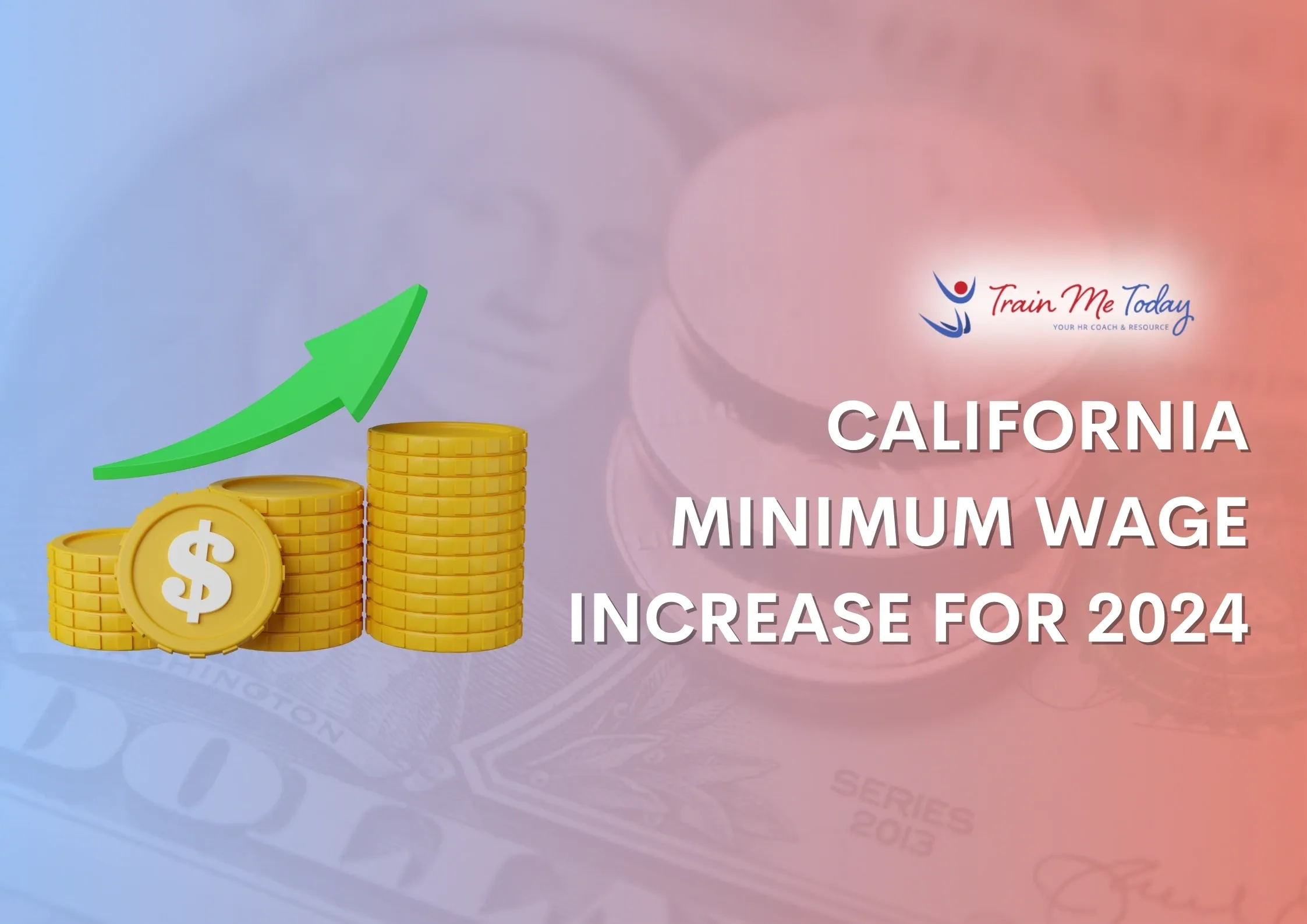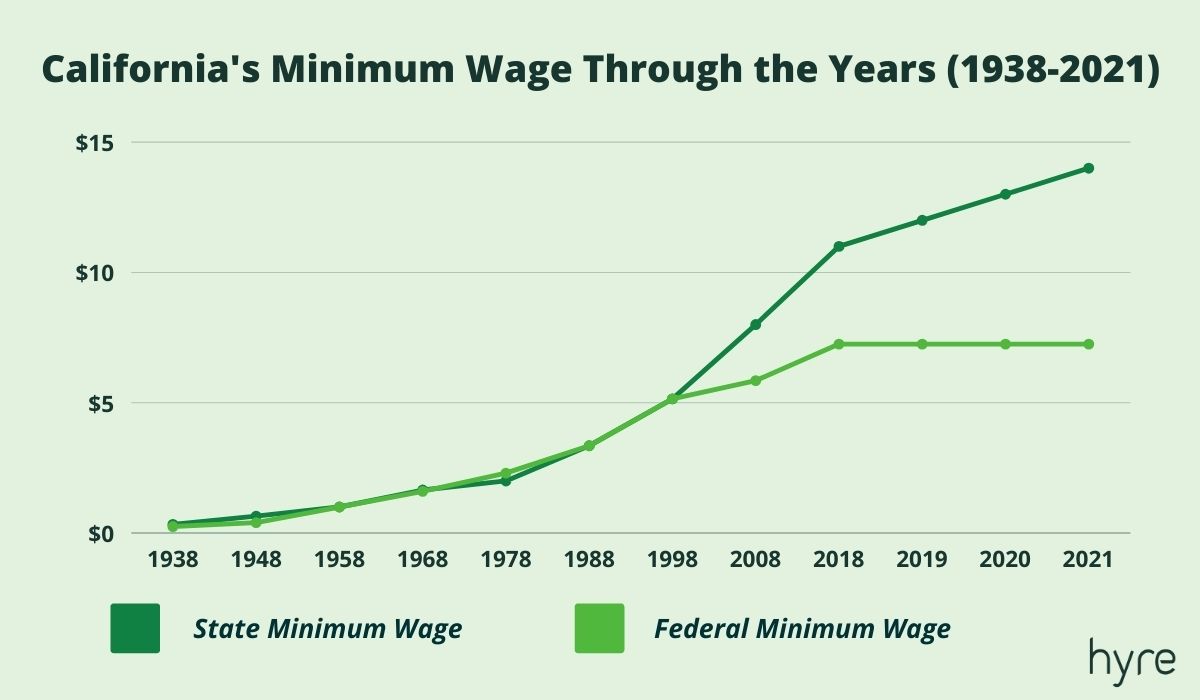In the ever-evolving economic landscape of California, a new law granting a $20 minimum wage to fast food workers has ignited discussions on broader economic justice. This September, Governor Gavin Newsom signed AB 1228, a landmark decision affecting restaurants with over 60 locations nationwide.
While celebrated by many, this law has sparked a vigorous debate about its potential expansion to all sectors in California, a state notorious for its high cost of living.

California: A Milestone for Minimum Wage
The increase to a $20 minimum wage is seen as a pivotal moment for labor rights, particularly in the fast food industry. “This was just the beginning,” asserted Saru Jayaraman, president of One Fair Wage, in a recent interview with FOX Business.
Jayaraman, who also directs the Food Labor Research Center at UC Berkeley, is a staunch advocate for extending this wage standard across all industries.
She highlights the acute home and food insecurity problems that have escalated in the post-pandemic era, arguing that current wages are insufficient for Californians trying to make ends meet.

Economic Implications and Industry Reactions
However, not all feedback on this change has been positive. Some business owners and industry insiders have voiced concerns about potential negative impacts on small businesses and job stability.
A Los Angeles restaurant owner relayed fears of “massive layoffs” to FOX Business, mirroring apprehensions that have historically accompanied wage hikes.
Labor group demands California’s $20 minimum wage for fast food workers extend to all sectorshttps://t.co/vmcmTOvKBn
— 7SealsOfTheEnd (@7SealsAtTheEnd) April 12, 2024
Yet, Jayaraman refutes these claims, suggesting that similar past increases have not resulted in the dire outcomes predicted by naysayers. “Every single time the minimum wage goes up, they always say it’s going to kill business, jobs will be lost, and we’ve never seen it happen.
Not in California, not in any other state. It has never happened,” she explained.

The Economic Ripple Effect of Wage Increases
One central argument for the wage increase is the positive ripple effect it can have on the economy. By putting more money into workers’ pockets, there is an expectation that these funds will be cycled back into the local economy, stimulating growth and buoying other industries.
Jayaraman also addressed concerns about inflation and rising prices, noting that these phenomena are already occurring independently of wage increases. “If we don’t keep wages in step with the rising cost of living, either worker will leave the state or these other horrible things happen,” she remarked.
Leading by Example: Small Businesses and Wage Policies
Interestingly, Jayaraman pointed out that some small businesses have been pioneers in offering higher wages, recognizing the necessity of a fair wage to attract and retain workers.
These businesses, she noted, are advocating for policy changes that create a level playing field, thereby alleviating the pressure on individual companies to make unilateral wage decisions.
A Call for Comprehensive Policy Reform
As California navigates these contentious waters, the call for a universal $20 minimum wage across all sectors remains a hot topic. With advocates like Jayaraman pushing for expansive reforms, the state stands at a crossroads between maintaining the status quo and embracing a more equitable economic future.
The outcome of this debate will likely have significant implications not only for workers but for the broader economic health of the Golden State.
In the words of Jayaraman, the journey toward economic justice in California is just beginning, setting the stage for a robust discussion on the future of wage equality in America’s largest state economy.










